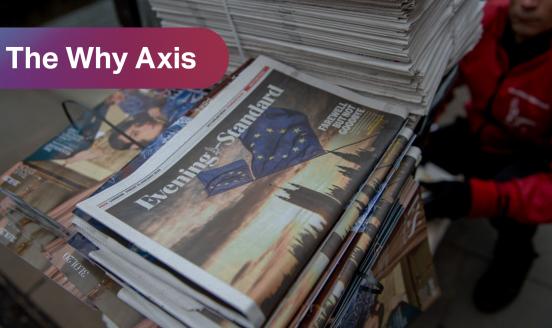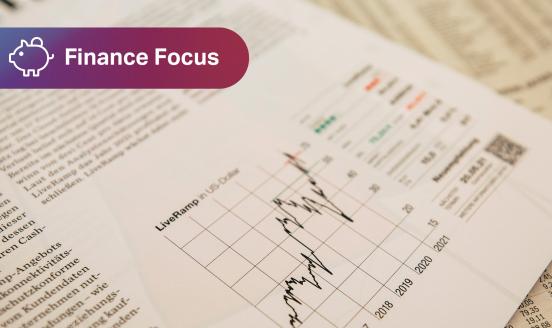Move the financial stability board’s secretariat to Asia
On the face of it, the financial crisis of 2007-08 has helped rebalance global financial governance, partially correcting the prior under-representation of emerging economies and particularly of Asia. From November 2008 to April 2009, the G7/G8 was superseded by the G20, the Financial Stability Board (FSB) was empowered and enlarged to include major non-Western economies, and discussions began on reconfiguring the governance of the International Monetary Fund and World Bank. The Basel Committee on Bank Supervision was also adjusted to broaden its membership.
Much remains to be done to enable Asians to feel a genuine sense of ownership, however. Membership may have been broadened, but these institutions, which were generally created by Westerners for Westerners, remain predominantly run by Westerners [1]. In a recent count of the 25 top full-time and part-time positions at the 11 main global financial authorities [2], 20 were held by Westerners, and only three by Asians, including two deputy positions (Véron, 2012). Meanwhile, Asia now represents 25 to 35 percent of the world’s economy and financial system (depending on the indicator chosen), a share almost certain to increase in the near future. Asians correctly perceive a mismatch between their role in the global economy and their voice in global institutions (Cho, 2011).
An important but underestimated contributor to this mismatch is the fact that all global financial authorities are located in the West, and almost all in Europe (the two exceptions are the International Monetary Fund and World Bank, both in Washington). This is obviously a historical legacy. The first such institution, the Bank for International Developments (BIS), was established in Basel primarily to solve a European problem, the payment of first world war reparations by Germany, which involved mostly European stakeholders. Once created, institutions generally do not move, and some of them spin off new ones in the same place. The BIS now hosts five other global financial authorities, including the FSB. But the issue of location is not merely symbolic. Anyone who has ever had to plan a round trip from Beijing (or for that matter, Brasilia) to Basel knows that being physically close to global institutions, as are all Europeans, offers a practical advantage in international financial regulatory discussions.
For each institution, there is a perfectly good case to keep it where it is. Beyond the cost of moving, the need for authorities to work together provides a justification for keeping them close to each other. In addition, Europe’s time zones make it easier to maintain liaison with both Asia and the US. But according to this logic, no global financial authority will ever be located in Asia, and it will be increasingly difficult for Asians to resist the impression that they don’t have an equal stake in the global system.
The G20 leaders should break this cycle. Fortunately, an almost ideal opportunity is at hand. Negotiations are ongoing under the Mexican presidency of the G20 to reform and strengthen the governance of the FSB, loosening its ties with the BIS both in terms of financing and of operational arrangements. The discussions are expected to produce an agreement at the mid-June summit of the G20 in Los Cabos. Much of the discussion concentrates on the future representation in the FSB’s structures of different policy sub-communities (central bankers, finance ministry officials, supervisors). But relocation of its permanent secretariat should also be on the agenda. Unlike the IMF, OECD or BIS, the FSB secretariat has only a small staff of about 20 professionals, most of whom are internationally mobile. And because its global role is increasingly important, a transfer to Asia would be more than a token gesture.
Where in Asia? Some obvious criteria need to be fulfilled: air travel accessibility; political stability; the rule of law; and amenities that make it possible to attract highly qualified international staff. Among Asian cities, Hong Kong, Seoul, Singapore, and Tokyo meet these criteria to a sufficient degree. Switzerland can be expected to resist losing the FSB, but it would gain from strengthening the global financial policymaking order. So would all Western players.
Relocating the FSB to Asia, of course, should not be a substitute for other initiatives to fulfil the G20 promise to deliver an effective global financial policy framework that will achieve the goals of stability, growth and inclusiveness. Nor should it substitute for financial reform in Asia, where the allocation of capital remains inefficient. But tackling the mismatch, in which Asians are inadequately empowered even as their economic and financial position is increasingly central, has to start somewhere. Moving the FSB secretariat eastwards would be a reasonable place to begin.
References
Cho Yoon Je (2011), “What do Asian Countries Want the Seat at the High Table for? G20 as a New Global Economic Governance Forum and the Role of Asia,” ADB Working Paper Series on Regional Economic Integration No. 73, Asian Development Bank
Véron, Nicolas (2012), “Asia’s Changing Position in Global Financial Regulation”, Asian Development Bank / Korea Capital Markets Institute / Peterson Institute for International Economics, forthcoming
[1] Defining the “West” according to common practice, as the US and Canada, Europe up to the current Eastern boundary of the EU, Israel, Australia and New Zealand.
[2] These are the FSB itself and its ten members which have a global scope, namely the Bank for International Settlements, Basel Committee on Banking Supervision, Committee on the Global Financial System, Committee on Payment and Settlement Systems, International Association of Insurance Supervisors, International Accounting Standards Board, International Monetary Fund, International Organization of Securities Commissions, Organization for Economic Co-operation and Development, and World Bank.



